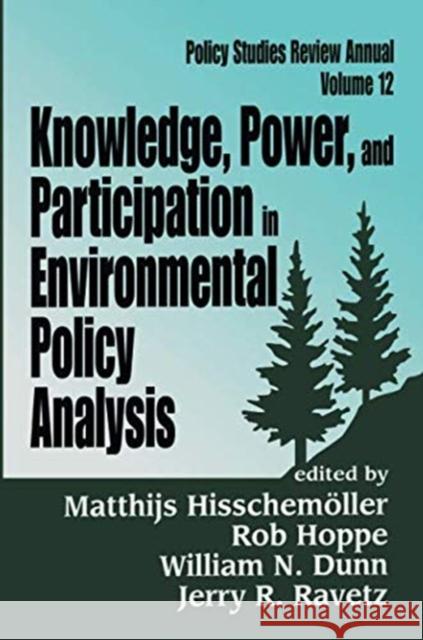Knowledge, Power, and Participation in Environmental Policy Analysis: Polcy Stades Review Annual » książka
topmenu
Knowledge, Power, and Participation in Environmental Policy Analysis: Polcy Stades Review Annual
ISBN-13: 9781138511446 / Angielski / Miękka / 2018 / 500 str.
Knowledge, Power, and Participation in Environmental Policy Analysis: Polcy Stades Review Annual
ISBN-13: 9781138511446 / Angielski / Miękka / 2018 / 500 str.
cena 288,66
(netto: 274,91 VAT: 5%)
Najniższa cena z 30 dni: 261,89
(netto: 274,91 VAT: 5%)
Najniższa cena z 30 dni: 261,89
Termin realizacji zamówienia:
ok. 30 dni roboczych.
ok. 30 dni roboczych.
Darmowa dostawa!
This volume probes practical dilemmas and competing re- search perspectives in environmental policy analysis











